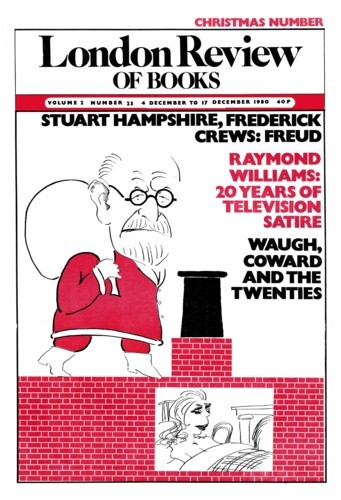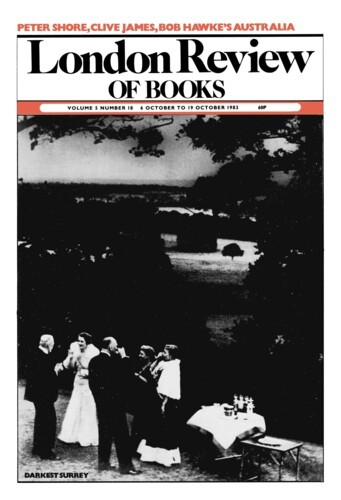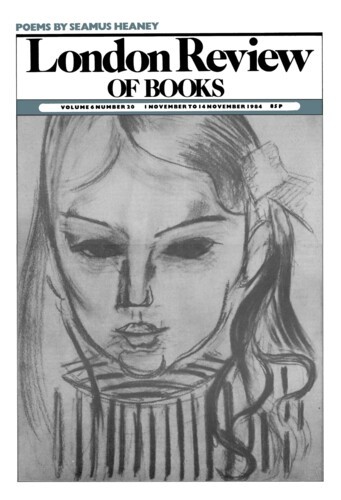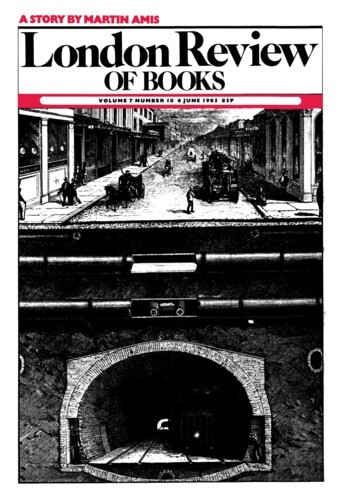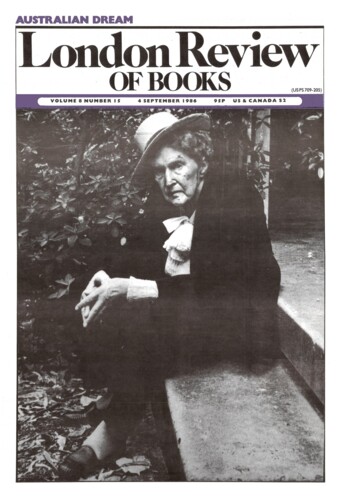Pilgrim’s Progress
Michael Davie, 4 December 1980
The external paraphernalia of Evelyn Waugh included check suits, an ear-trumpet, a watch-chain, cigars, unfashionable Victorian paintings, a large family and a West Country manor house. To those interested by what lay behind these characteristically English defences, this selection of his letters may come as a disappointment. When Waugh died in 1966, the outside world possessed little reliable information about the nature of the beast inside the baroque carapace. Only occasionally would the monster come out of his lair: sometimes in print to deride Picasso or Auden, sometimes in person to insult his friends. For all the outside world could tell, though the evidence of his books seemed to argue against the conclusion, he truly was a snob, a religious bigot, an anti-semite, an anti-foreigner, a near-fascist.
